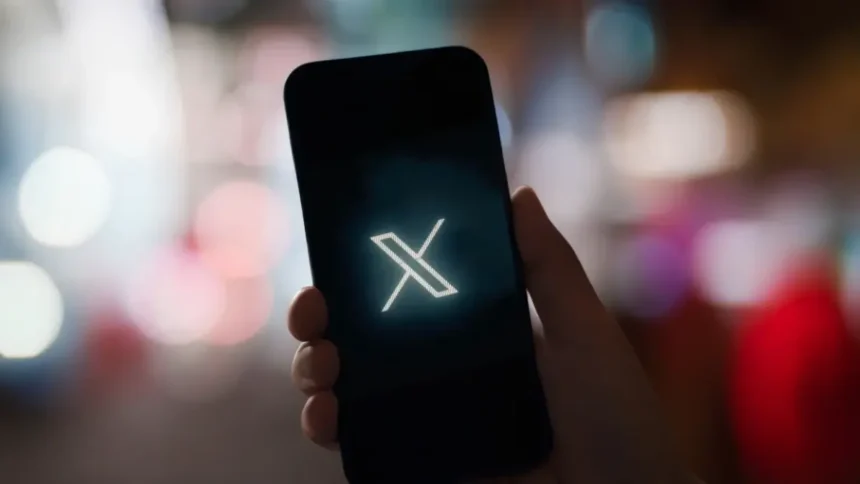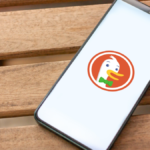Will XChat Compete in the Messaging Landscape?
Historically, X, previously known as Twitter, hasn’t been a preferred choice for messaging. While its direct messaging feature does serve a purpose, it has never ranked high among reasons users engage with the platform, especially when contrasted with dedicated applications like WhatsApp.
Elon Musk seeks to change that narrative. As reported by TechCrunch, since acquiring Twitter, Musk has expressed a desire for direct messages to rival and excel beyond competitors like Signal and iMessage. The latest step involves the introduction of XChat, an enhanced messaging experience on the platform.
Recently, Musk shared on X about the launch of XChat. Currently in its beta phase, the new messaging feature raises questions about its potential to evolve into a full-fledged messaging service. A dedicated application could significantly strengthen its standing in the competitive messaging arena.
From Musk’s announcement and other reports, XChat is set to introduce five exciting features to enrich communication on X.
End-to-End Encryption
The foremost feature highlighted by Musk in the XChat rollout is encryption, a critical necessity for any contemporary messaging application. End-to-end encryption (E2EE) ensures that only the participants of a conversation can read the shared messages. In the event that a malicious party intercepts the dialogue, they would encounter an indecipherable array of characters. Moreover, E2EE prevents the messaging service itself from accessing user communications.
While many applications like Signal, WhatsApp, and Messenger have embraced E2EE, X’s previous messages were not encrypted. As a result, X could potentially access user chats or comply with authorities’ requests for messages. Musk’s recognition of E2EE as vital for competing with established players is valid, though there are uncertainties regarding his understanding of encryption. He remarked that XChat’s encryption is “built on Rust with (Bitcoin-style) encryption.” Rust is a coding language, making this comment perplexing. Furthermore, Bitcoin itself isn’t encrypted, which complicates Musk’s statements. Some speculate he meant “cryptography,” a concept applicable to Bitcoin, yet distinct from encryption. For XChat users’ wellbeing, it’s crucial that genuine E2EE is implemented.
Self-Destructing Messages
While Snapchat popularized this concept, it’s hardly the only platform to offer disappearing messages. Various apps, including Telegram and WhatsApp, have long incorporated this feature. XChat is poised to follow suit.
Details remain sparse on how the self-destruct mechanism will work, but it’s reasonable to anticipate that users may be able to set a timer for messages to vanish, similar to Telegram’s approach.
File Sharing
XChat will enable users to share “any type of file,” a feature that enhances any messaging platform’s utility. Presently on X, users can exchange images, videos, and GIFs in direct messages, but other file formats are unavailable.
Marking Messages as Unread
This feature was not highlighted in Musk’s original announcement, but users testing the beta version discovered that XChat supports marking messages as unread. This addition allows users to easily revisit messages they couldn’t address immediately, ensuring they don’t miss anything important during their next chat review.
Deleting Messages for All Participants
Another new capability, discovered through beta testing, enables users to delete messages for every conversation participant. This functionality allows individuals to retract messages they regret sending, ensuring that the message is removed from everyone’s chat screen. However, many applications impose time constraints on this feature. For example, iMessage permits message retraction only within a two-minute window. The timeframe for XChat remains unclear.
Audio and Video Calls (Not a New Feature)
Musk also announced the rollout of audio and video call features for XChat. However, these capabilities have existed on the platform for some time, leading to questions about their renewed significance in the announcement.
Can XChat Become a Compelling Messaging Alternative?
While these new features are indeed valuable, skepticism lingers about whether they will position XChat as a leading messaging application. A primary hurdle lies in getting users to switch messaging platforms—a task often likened to pulling teeth. Many individuals have strong preferences for their current messaging tools, whether that’s iMessage on Apple devices or WhatsApp globally. With the abundance of communication apps available, mass migration to a single platform is unlikely.
Moreover, given the association of this new feature with a controversial platform, it’s challenging to envision many people choosing X simply for XChat. Although outcomes may differ, it seems improbable that XChat will become a prevalent choice among users anytime soon.












